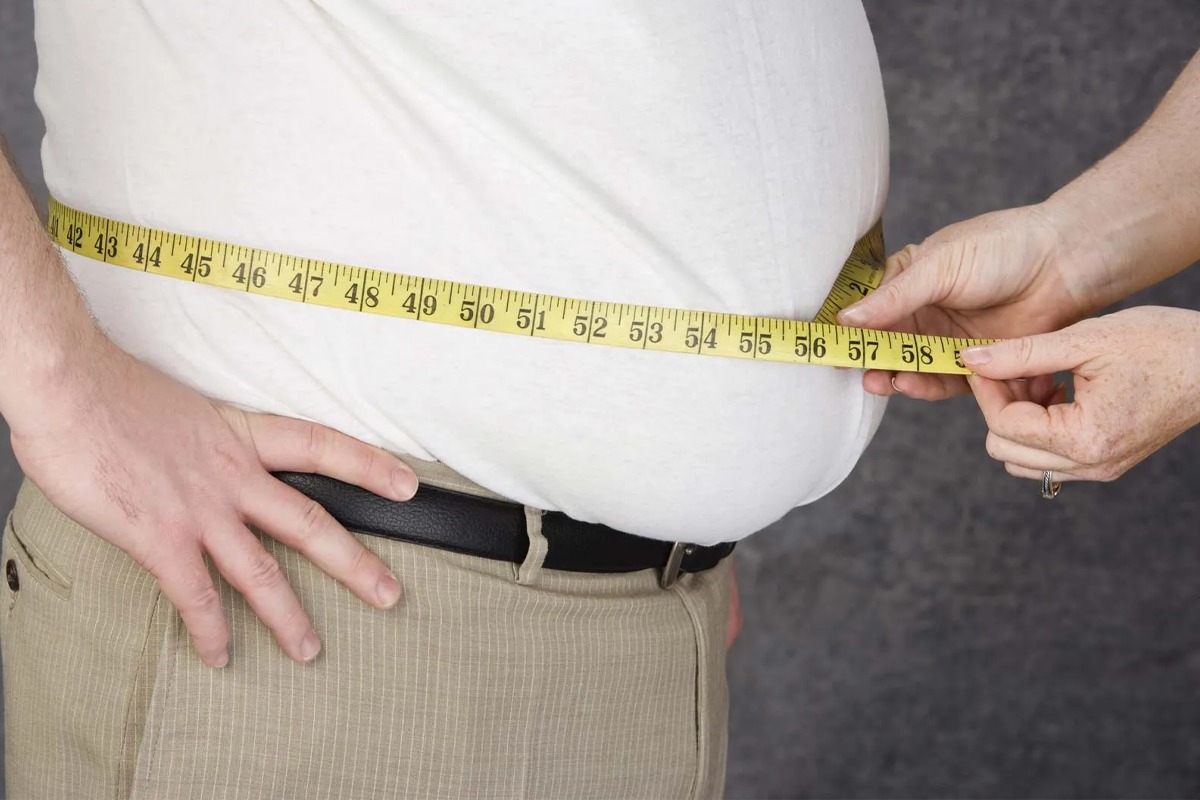NEW DELHI: A new study published in The Lancet journal has shown that India is facing a serious challenge of obesity, with 82.5 million adults and 12.5 million children and adolescents being classified as obese in 202212. The study, which analysed data from 3663 studies involving 222 million participants from 197 countries, found that the prevalence of obesity among adults in India increased from 0.9% in 1990 to 5.4% in 2022 for men, and from 1.2% to 9.8% for women.
The study also revealed that India ranked 180th among 197 countries for the prevalence of obesity in men, and 182nd for women in 2022. For children and adolescents aged 5-19 years, India ranked 174th for both boys and girls, with 3.1% of boys and 2.8% of girls being obese.
The researchers warned that obesity poses a major risk for various non-communicable diseases, such as diabetes, cardiovascular disease, stroke, and some cancers, which are already leading causes of death and disability in India12. They also noted that obesity is a complex and multifactorial disease, influenced by genetic, physiological, environmental, and behavioural factors.
READ MORE : Violent clash injures JNU students during poll committee selection
Dr Guha Pradeepa, co-author of the study and Head of the Department of Research Operations and Diabetes Complications at the Madras Diabetes Research Foundation attributed the rise of obesity in India to the shift in dietary patterns and physical activity levels. “We have shifted away from whole foods such as pulses, whole grains, fruits, and vegetables, which are rich in fibre, vitamins, minerals, and antioxidants, to refined and processed foods, which are high in calories, fat, sugar, and salt. We have also become more sedentary, spending more time on screens, vehicles, and machines, and less on physical activities, such as walking, cycling, and playing,” he said.
Dr Pradeepa urged the government, the health sector, the food industry, and the civil society to take urgent and coordinated actions to prevent and control obesity in India. He suggested some possible interventions, such as promoting healthy diets and lifestyles, regulating the marketing and availability of unhealthy foods and beverages, taxing sugary drinks and junk foods, subsidising healthy foods, creating safe and accessible spaces for physical activity, screening and treating obesity and its complications, and raising awareness and education among the public.












